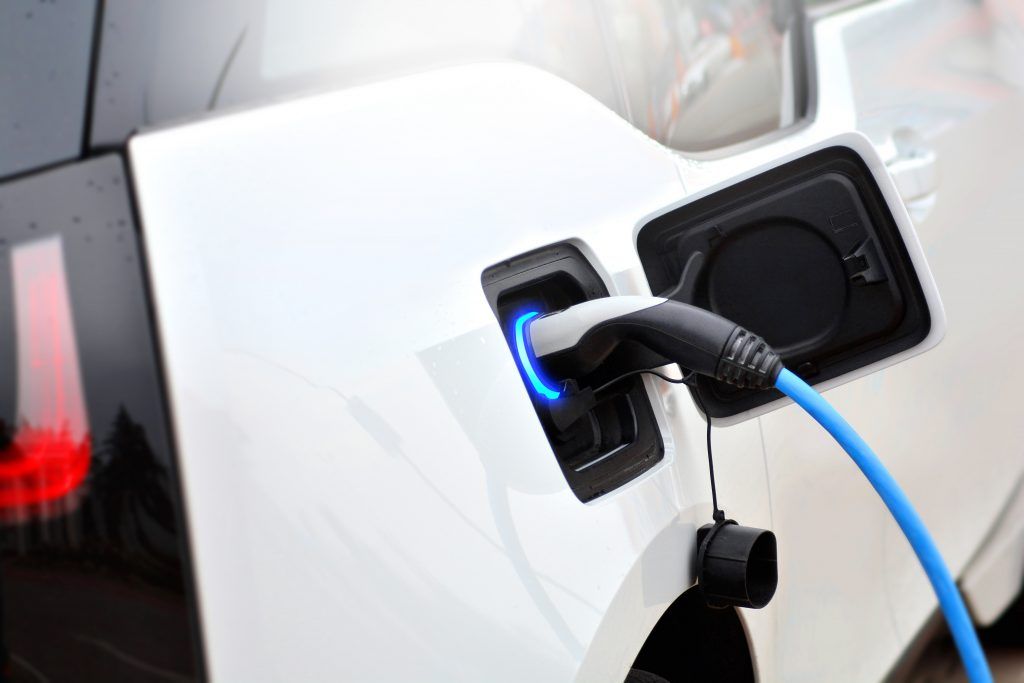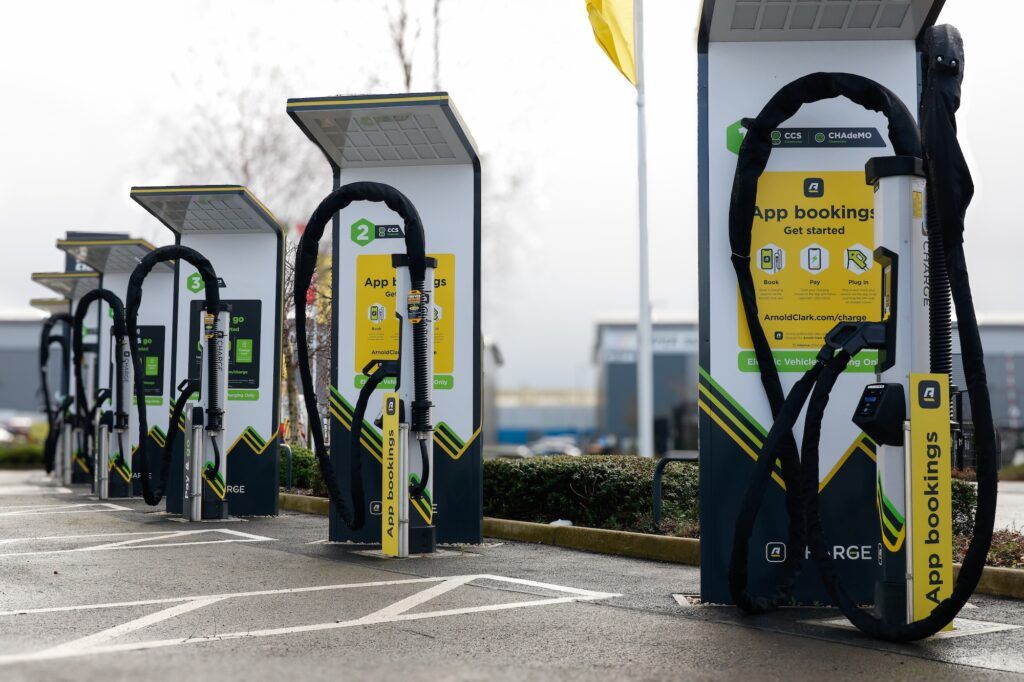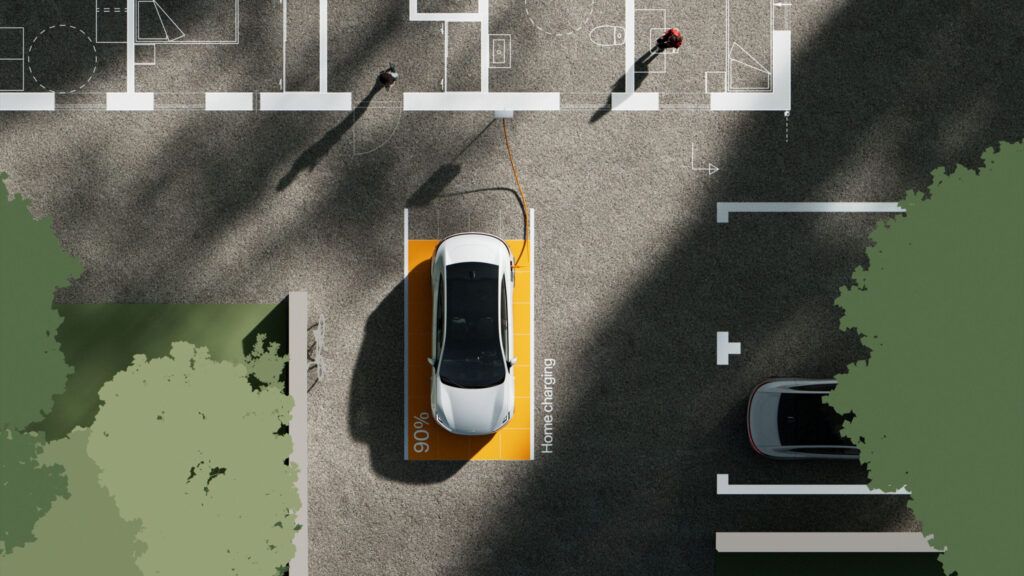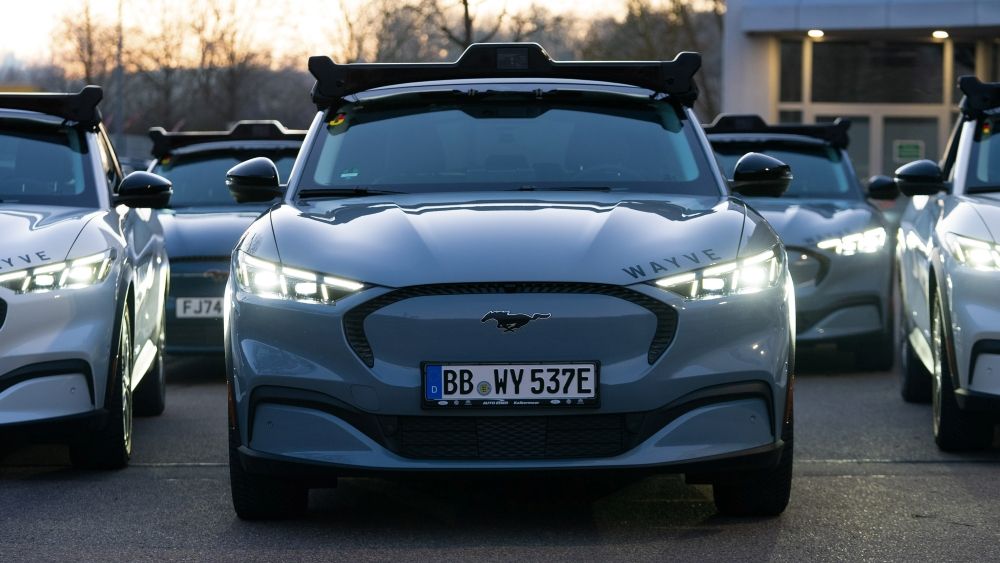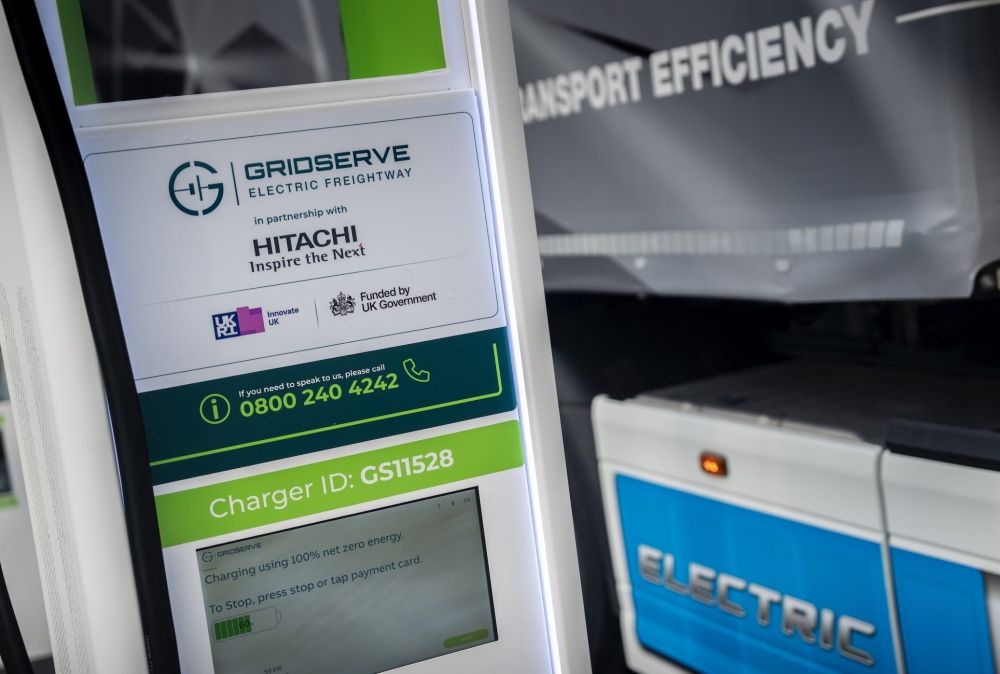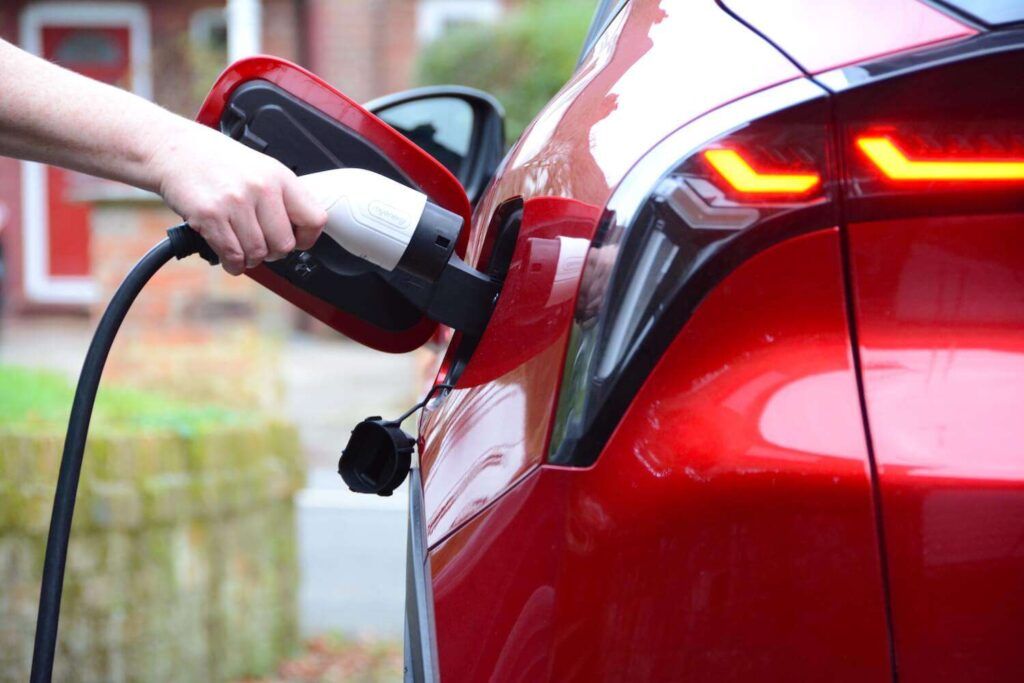Trade association ChargeUK has written an open letter to the Chancellor Rachel Reeves, urging the promotion of growth and affordability ahead of the Autumn budget.
The letter outlines that the UK’s transition to electric vehicles is a national priority, creating jobs and growth and helping households save money.
There are now over 86,000 public charge points in the UK, growing at around 25% per year. However, progress is now at risk due to three critical cost pressures, it said.
The EV charging industry group is urging the Chancellor to rule out business rates on public charging bays, lower VAT on public charging to domestic levels, and reduce standing charges in Charge Point Operators’ (CPO) energy bills.
On business rates, the group said plans to apply business rates to charging bays for the first time from April 2026 would impose £100 million of new and unexpected annual costs on the sector. This would “jeopardise private investment, risk a slowdown in deployment and site closures, particularly outside the Southeast, and push up driver prices”, it said.
For VAT, it said the higher cost on public charging causes “unfair disparity” and “penalises the one in three households without access to private driveways — often lower-income and urban families”.
In addition, it said that the standing charge element of CPO’s energy bills has increased by up to 462% since 2021, with further increases anticipated next year. It said CPOs are “disproportionately hit” which was “penalising the industry for building ahead of demand”.
In the letter, CEO of ChargeUK, Vicky Read said:
“The UK’s transition to zero-emission vehicles is a shared national priority — creating jobs and growth in the automotive, charging and wider e-mobility sectors, and helping households to save money while supporting net zero.
“Thanks to a commitment of £6bn of private investment and strong collaboration with Government, we are on track: over 86,000 public charge points are now operational, with the network growing around 25% a year.
“We welcome the leadership Government has shown in supporting this growth — committing to end the sale of new petrol and diesel cars by 2030, launching the £600m Electric Car Grant, and announcing measures to make EV charging “easier, fairer and more accessible for everyone” in last week’s Carbon Budget and Growth Delivery Plan. These decisive actions boost investor confidence and enable ordinary drivers to make the switch.”
Image courtesy of Shutterstock




